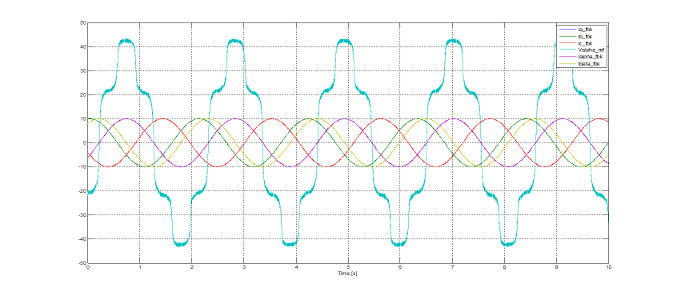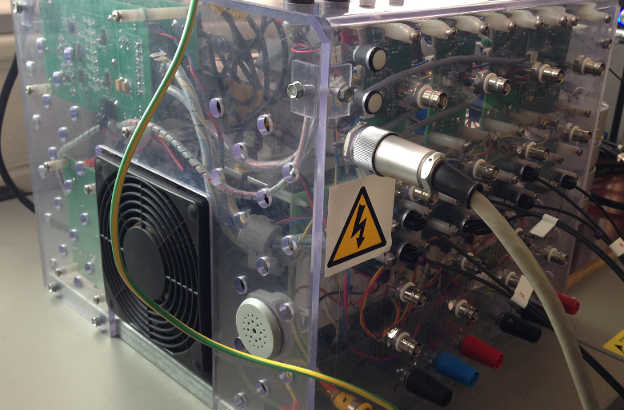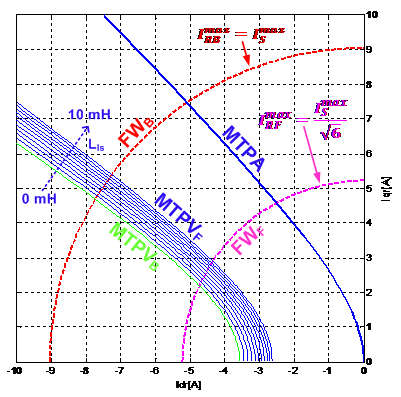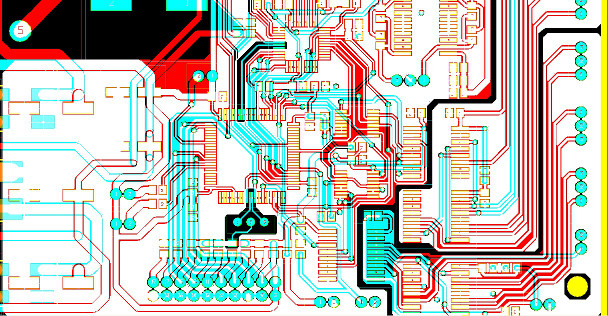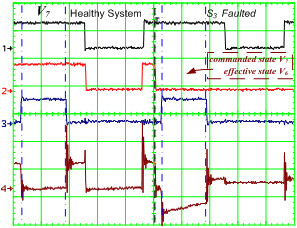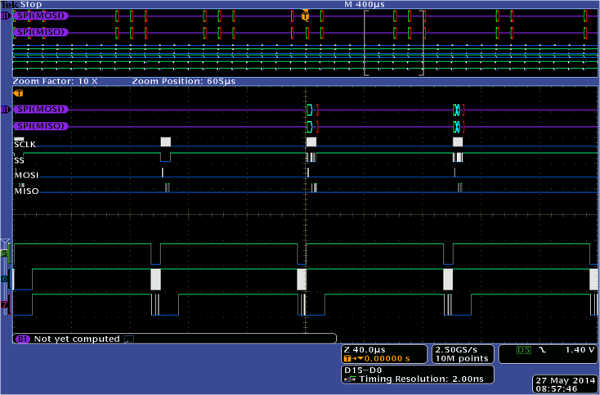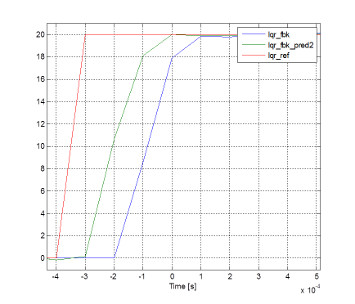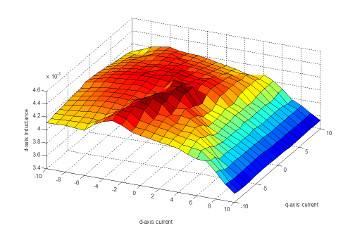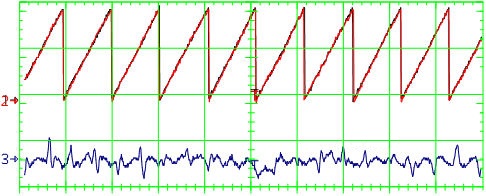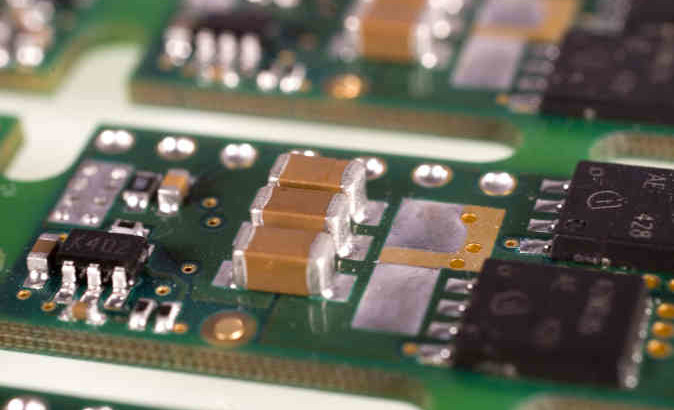
Whatever are the final application and the target specifications, we have the competencies for: selecting the right converter topology and semiconductor technology, defining the components specifications, choosing the most appropriate gate driver design, simulating the converter behaviour, including losses and failures, performing a proper PCB layout and routing for reduced EMIs and improved isolation
